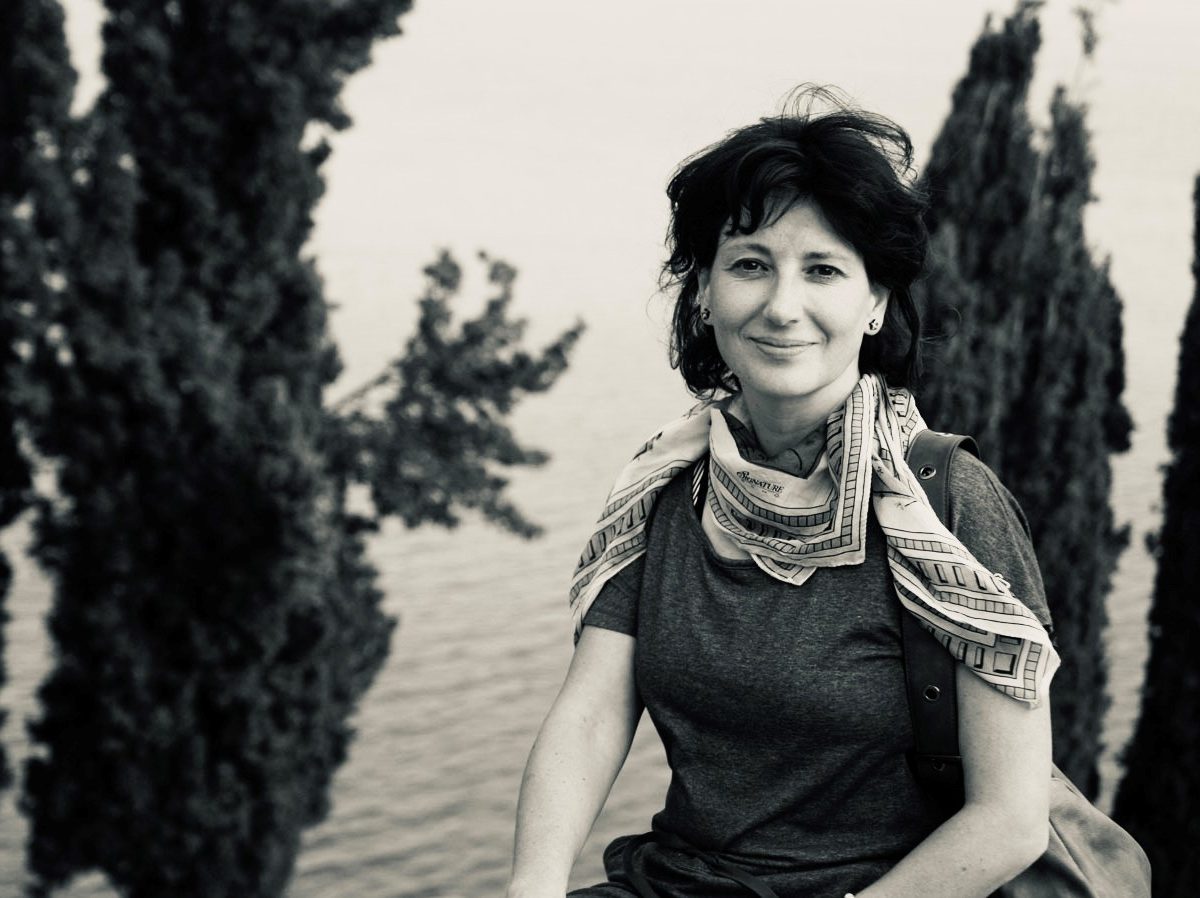In the best travel writing, the border between journey and autobiography is porous. It tracks the relationship between the traveller and the travelled-through, between the seen and the one who sees. Kapka Kassabova’s writing is a beguiling case in point. Her mesmerising, uneasy travel books – Border and To the Lake – are as personal as they are topographical. They roam the borderlands between myth and the mundane, politics and psychology, the material and the frankly supernatural, slowly letting us into the geography and geopolitics that formed her.
Kassabova grew up in the Balkans, in Bulgaria’s capital Sofia, under the pall of the Soviet Union. Soviet hegemony may have muted the fractious history of Europe’s south-eastern border, crudely rendering it with Soviet brotherhood, but it did not resolve it. And when the Soviet Union collapsed, and klepto-capitalism shattered the render, slumbering history reasserted itself. Partly as a result, Kapka Kassabova’s story, and the story of post-War south-eastern Europe are entwined.
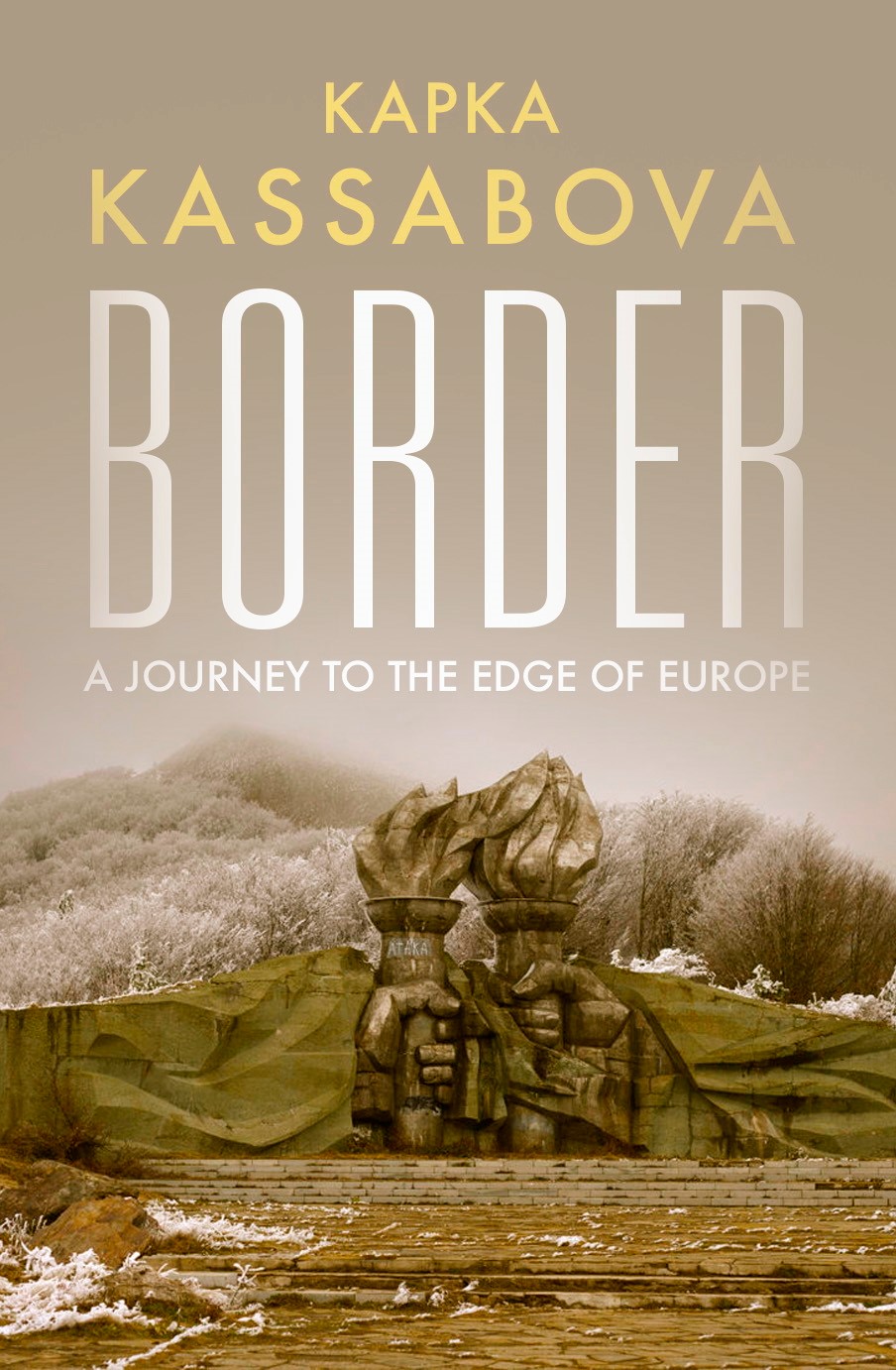
Heading back
After the fall of the Soviet Union, Kassabova’s family emigrated to New Zealand. As soon as she was old enough, Kassabova continued onward – to Edinburgh and then the Scottish Highlands. Her 2017 book Border recounts a journey back to the south east Balkans, to the tormented borders between Bulgaria, Greece and Turkey. Her self-confessed objective was to see the ‘forbidden places’ of her childhood, ‘the once-militarised border villages and towns, rivers and forests that had been out of bounds for two generations’ after the Iron Curtain descended. Border opens not with the past though but a moment of uncanniness and horror. In a deserted village high in the Rhodope mountains on the Greek-Bulgarian border, under the shadow of a rock known to locals as ‘the Judgment’, she experiences a moment of pure terror. She turns from the ‘phantom’ village and flees, tearing down the mountain. ‘A curse fell over the scene. Time stopped, my heart stopped. Then I woke up and broke into a run, down the steep road. I’d never run like this in my life: like an animal, with astonishing speed and just one part of my brain working, the part called flight.’
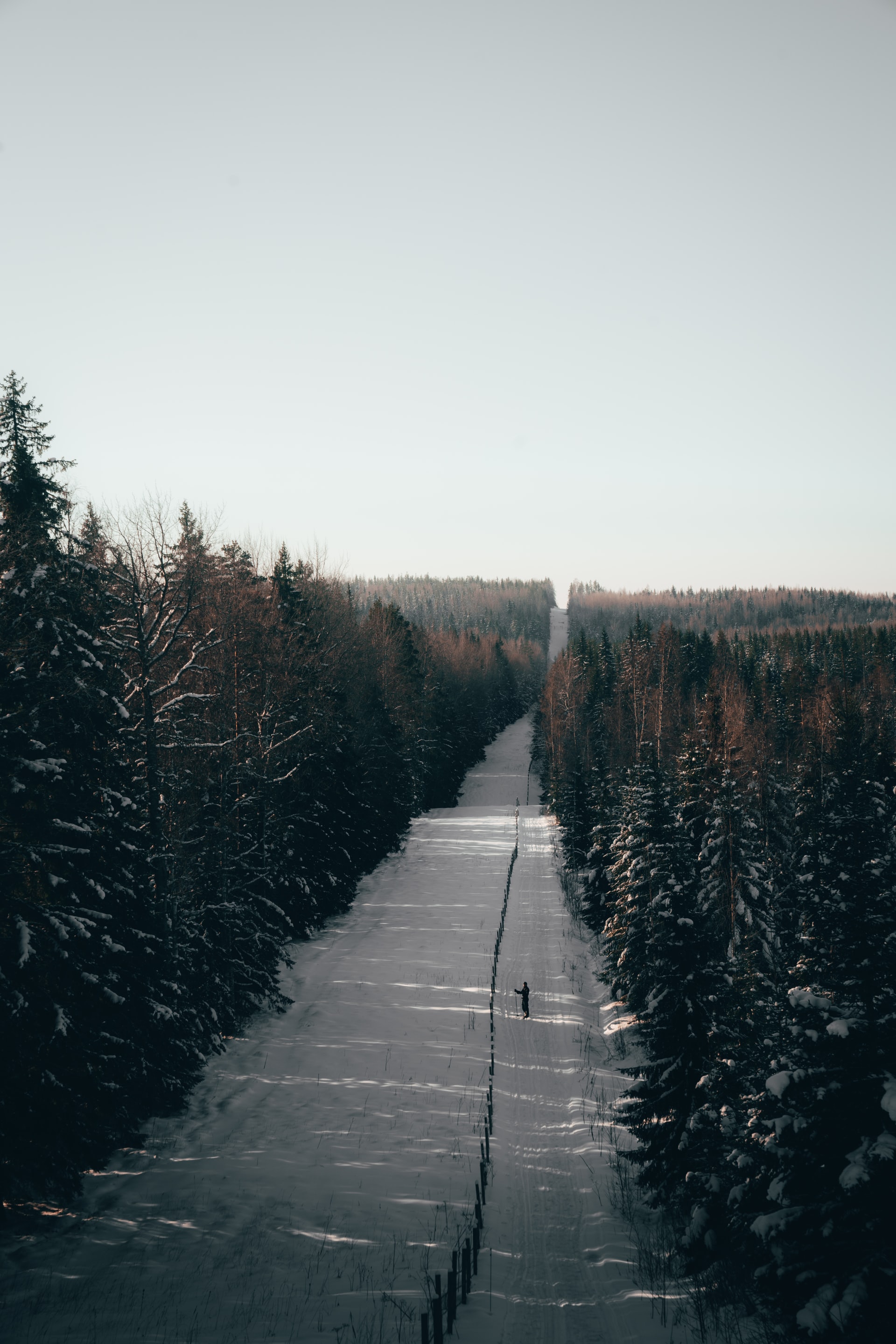
Joni Rajala on Unsplash
Although the moment comes midway in her journey, Kassabova doesn’t return to it until two thirds of the narrative are told, and when she does, the book turns toward home. Something in her has been changed. It is only with the second telling we learn she was not alone in the village, that she had been taken there by Ziko, her rough and ready local guide – an uneasy journeyman, a quasi-mythic ferryman in a red tracksuit, who may or may not be a criminal, but whose company, and that of his friend Nikos, has been slowly unsettling her for days. But this is not just a private moment in a deserted village with a man she couldn’t quite trust. ‘The sense that this wasn’t personal, that it wasn’t only my terror…’ was strong, the sense that she was ‘picking up the frequencies of events that the mountain held.’ The scene, a private encounter with traumatic history, deftly brings together the dimensions in which the book operates: the personal, the geographical, the mythical, the political, the psychoanalytic – at one point she quotes Jung on how ‘when an inner situation is not made conscious, it appears outside as fate.’

The seen and the unseen
If a border is also a threshold, a division between realms, then along with the hard political borders, one of the most striking thresholds in Border is between the physical and the immaterial. The places she visits have been disfigured by brutal politics. The material ruins of political borders and old empires litter the mountains and valleys. There are Roman roads and Ottoman bridges. Most recently there is the deadly klyon – a Soviet-era electrified border fence where many people, most of them young and tormented by hope, were shot trying to escape to the West. But the landscape is also saturated in myth. Signs, symbols and emissaries from the immaterial proliferate: balls of fire, magic wells, mythological heroes – Hermes, Orpheus – the unseen is always close to the surface. There is also the fascinating figure of Lyudmila Shivkova, the mystically inclined daughter of the head of the Bulgarian Communist party, whose privileged position enabled her to wander away from dialectical materialism into the heady fumes of Eastern esoterica.
In a region that has seen so much human suffering, so much cruelty and slaughter, this unseen world remains one of the true sources of consolation, another being a kind of neighbourliness or komshulak, the spirit of peaceful coexistence offering a balm for life’s unremitting agonia. As the journey lengthens so the book grows more alert – and more sympathetic – to this shadow or immaterial side. These signs and symbols – a kind of immanence – cease simply to be proxies for the unconscious and take on their own complex reality.
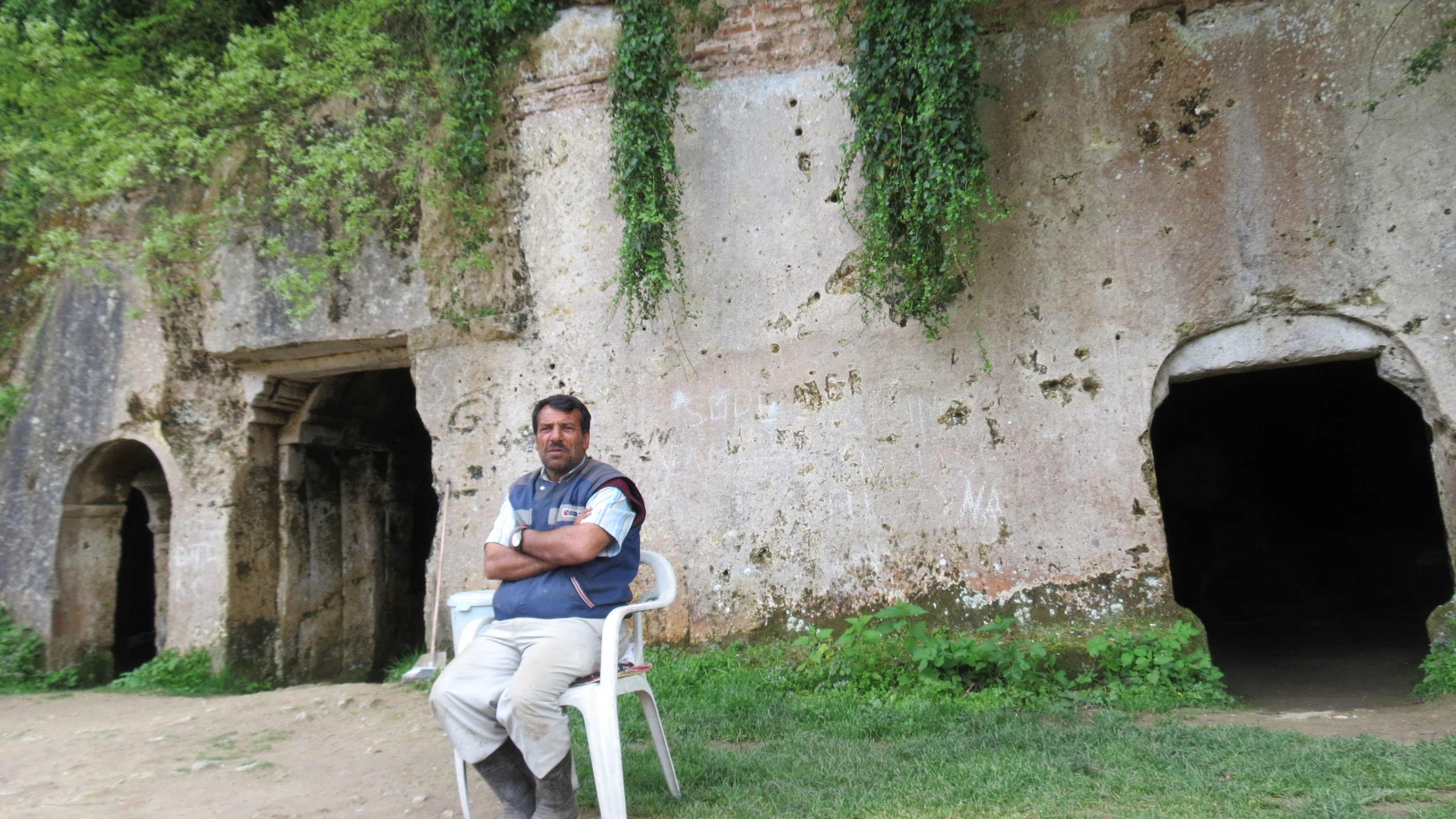
Nationalism and its paradoxes
Alert as she is to this shadow side, Kassabova never lets go of the world of hard and heavy things. Both Border, and her later book To the Lake – which takes us to a pair of pristine mountain lakes spanning the border between Albania, Greece and North Macedonia – circle around an enduring political knot or paradox. The Balkans are synonymous with both the cosmopolitanism of the melting pot – where empires, peoples and religions have melted and melded for millennia – and a lethal and fractious nationalism. Her books bring this up to date, describing encounters with refugees fleeing the wars in the greater Middle East – pitiful, exhausted people desperately seeking entry into the west via the Balkan peninsula. Both books warn of resurgent nationalism . At one point she wonders: ‘if the mixing of peoples was the order of empires and the ‘unmixing of peoples’ the order of nation-states, what’s on the horizon?’ On a personal level you feel this in the tension in her writing between the need to return to the places of her childhood – to places that are part of her – a need that would find itself at home in certain forms of nationalism, and a cosmopolitan desire to escape, to unroot, to flee the heaviness of old enmities.
Hetaira
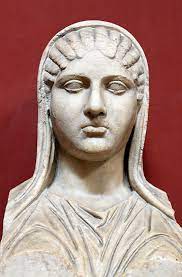
The border territory described in her earlier book – the zone of the klyon – is a place of brutal militarised power. As such, it is largely a place for soldiers, for young men. In the recurrent Balkan conflicts, it is also largely the men who go to war, who turn bandit in the forests and hills. Overwhelmingly the women wait and suffer. An enduring take on the gender of armed conflict. But one of the interesting figures in Border is the hetaira. According to the dictionary she is ‘a courtesan or mistress, especially an educated one in ancient Greece’. But in Kassabova’s handling she becomes less courtesan and more a strong-minded, independent woman, someone who steps outside gender roles to achieve a life more nearly her own. Like the hetaira, this involves standing outside the gates of marriage and conventional family life – causing a susurrus of unease among the more conventional women of the Balkans. Zora, ‘the woman who walked for a week’ to cross the Bulgarian border and find a life in Greece, is a powerful example; Ioanna, a climber, ranger and ‘goddess of the forest’ is another. But their freedom comes at a cost. Of Ioanna she says: ‘Personal power rarely comes to a woman without a battle, and you could see both the power and the embattlement in her.’ Part of the appeal of these border territories, their attraction for women like Zora and Ioanna, and perhaps also Kassabova herself, is that they are threshold places, zones where things are a little less fixed, where the expectations of sex and gender hang a little less heavily.

Photo Nedret Benzet
Malaise
Kassabova’s second book, To the Lake, feels if anything more personal than Border. It is in part a search for the origins of a matrilineal malaise, a sickness or fated-ness that runs through her powerful female forebears and weighs on Kassabova herself. The book links this sickness and pain to the traumas of history that live on, like a toxin, in the landscapes they grew up in and that helped form – or malform – their characters. Of her grandmother Anastassia she writes, wonderfully: ‘Somewhere inside her was an abyss that could not be filled. It seemed to have its origins in Macedonia and the Lake. It’s as if she was more than one person, a whole nation of souls, a clamorous hinterland of back-story. She carried some original matrix where the land masses were still moving, the fault lines stirred under the surface, the water level rose and fell, something was out of sync and could not be reconciled.’ In this extraordinary image, her grandmother’s body becomes a seismic landscape, a site of upheaval and unremitting conflict, echoing the ceaseless interplay of personal and political trauma in the Balkans, the scarring of private lives by geopolitical forces. There is also an environmental aspect to this – some deep sympathy between the damaged human psyche and the disrupted landscape.
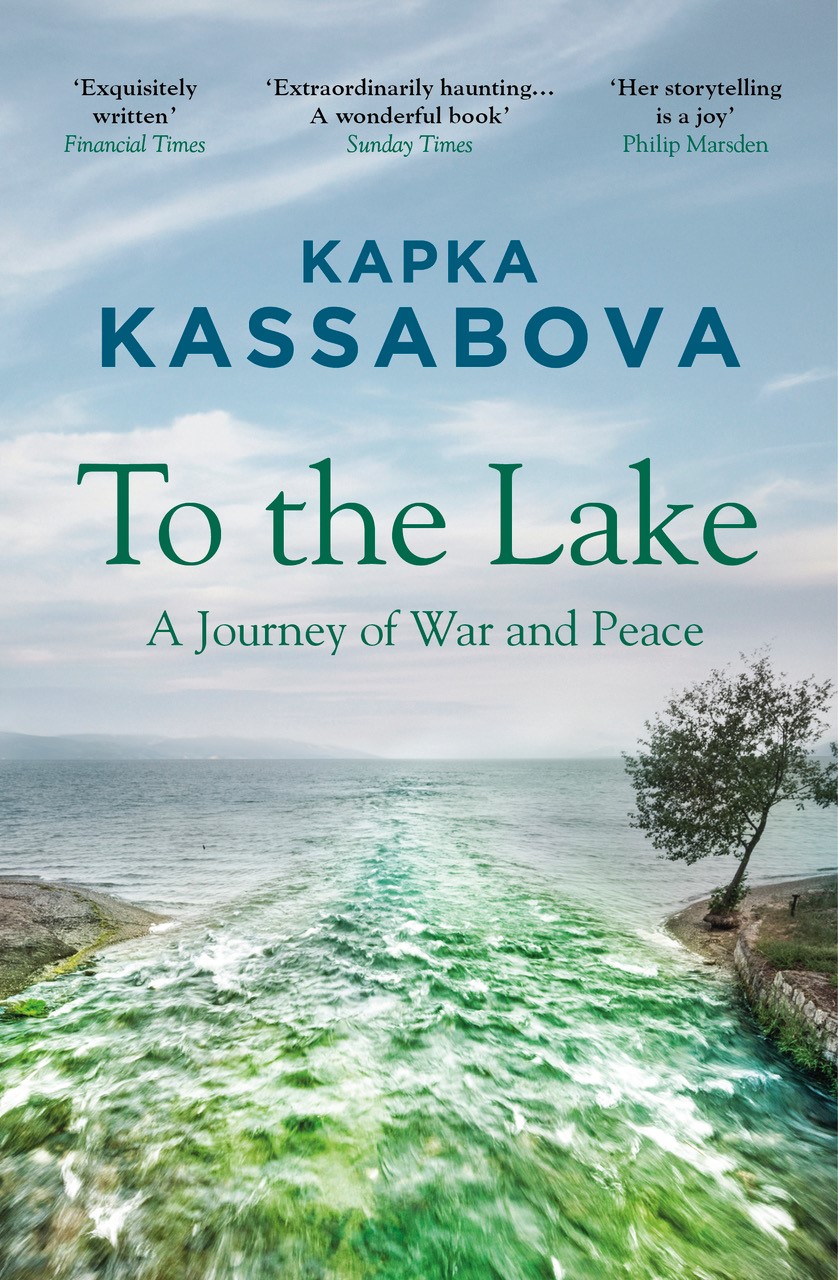
The landscape hurts
William Atkins, writing in the introduction to a recent edition of Granta, argues that, as a genre, travel writing has remained persistently, adaptively alive. (The edition also contains an essay by Kassabova, ‘The Ninth Spring’, part of a forthcoming book, the final in what will become a Balkan tetralogy.) According to Atkins, travel writing has been able to escape its roots – in English at least – in attitudes and approaches that now feel darkened by colonialism, marked by a slightly lofty, patronising fascination for the habits of foreigners and strangers, a sense that the world is a colourful showcase for their physical and intellectual prowess. In contrast, Kassabova’s writing encapsulates much that is valuable in contemporary travel writing. In place of the privileged, usually male, narrator: impossibly hardy, product of an English public school and a Classical education, her writing is more intimate. She goes in search not of strangeness but of forms of kindred. She is frank about her fears, her companion anxieties. Her inquiry is as much with herself and its shortcomings and surprises as with the places and people she travels among. She listens where others have pontificated. She lets places speak and breathe. Part of this is her awareness of the precariousness of the world. Where earlier travel writers saw inexhaustible strangeness, unlimited adventure, Kassabova is more alert to the vulnerability of the world’s landscapes and ecosystems, their social and political forms.
Forest
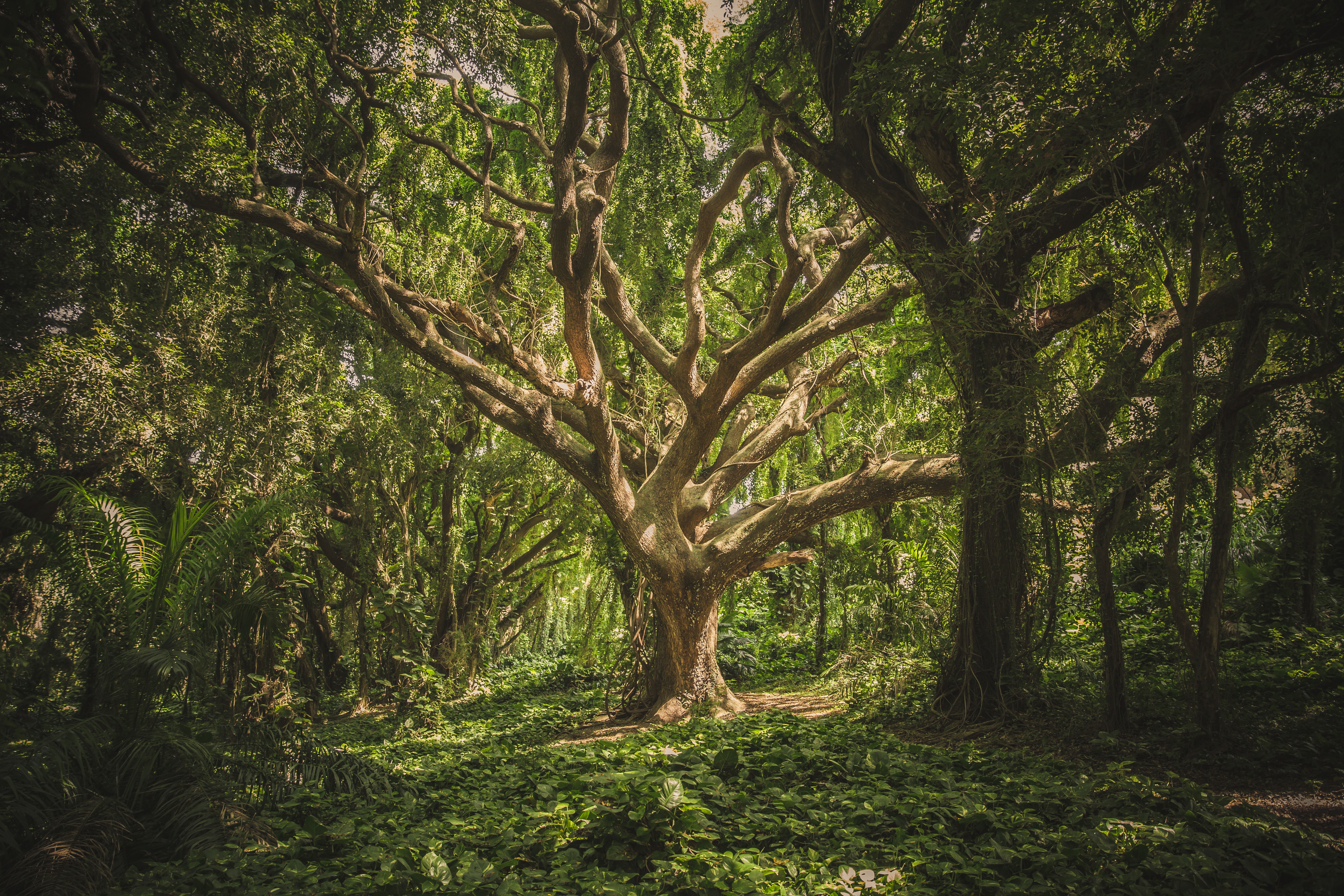
Border is dedicated to those who did not make it across. Underneath the dedication is a ‘plea for the preservation of the forests.’ Forests are obviously mythologically and symbolically rich, places of folk power, of both safety and menace – places where the self is lost in encounters with the strange and the mysterious. In some respects, imaginatively, forests look backward – to the primitive and pre-civil. But the forests Kassabova describes are more than mythological. They are frighteningly and wonderfully real. Yes, they are places of violence and flight – of an environmental uncanny – but they are also sumptuous ecosystems. There is a wonderful story about a Dutch botanist with a list of thirty thousand Balkan plants and a mental map devoid of political borders – only shifting ecosystems. But like so many natural environments, these Balkan ecosystems are at risk. Their future is uncertain. In ‘The Ninth Spring’, she talks about the abandonment of pastoral ways that have been lived for millennia and the ensuing return of the forest. Although the tone is plangent, inflected by the mood of those whose ways of life are finishing, there is a reservoir of hope in those resurgent forests – places where something new can always be born.
As I write, once peaceful European cities are again being shelled. Russia, betraying its imperial ambitions, has invaded Ukraine. The outcome of this terrible war will dictate European realities for a new generation. To read Kassabova is to take a step closer to understanding this continent – how its fractious history has played out in the shifting allegiances of its south-eastern corner. Kassabova also helps us to understand the intimate human costs, in pain and enduring trauma. These lovely, troubling books stand as a reminder and a warning. In their love of the southern Balkan landscapes, and the private stories of those who dwell there, they also offer a glimmer of consolation.

